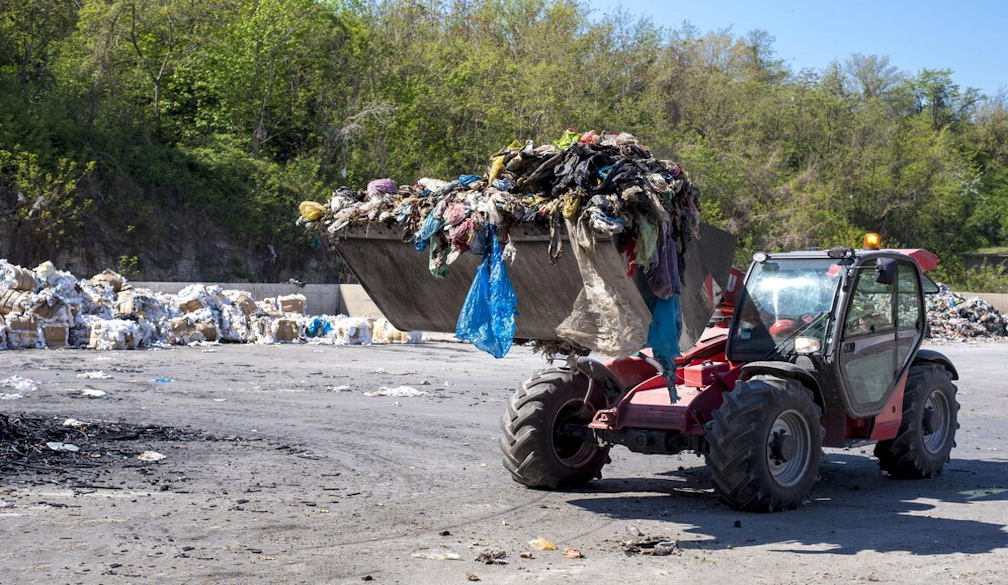Labor and the Greens need to sober up. The next election is far from in the bag
- Written by Chris Wallace, Associate Professor, 50/50 By 2030 Foundation, Faculty of Business Government & Law, University of Canberra
Close elections have been common and landslides rare in the 20 federal elections held in Australia over the past 50 years. Some political parties are acting as though the reverse is true and the outcome of the next election is a foregone conclusion. This week, there have been two unequivocal gifts to Prime Minister Scott Morrison from his opponents.
Known for a literal belief in God-given luck, Morrison likely felt blessed by naked in-fighting in opposition ranks over preselection for the south-western Sydney seat of Fowler. This was followed by the Greens openly touting “shadow ministers” as part of their narrative that Labor will have to rely on them to form government after the next poll.
The ugliness and ill-discipline of the Fowler struggle suggest a dire complacency in Labor about its election prospects. If Labor thought it worthwhile to move one of its hard hitters, Senator Kristina Keneally, to the lower house after being displaced from a winnable spot on the NSW senate ticket, this could and should have been organised with less damaging optics. And that’s leaving aside the extraordinary situation where, so close to the poll, a candidate was not already preselected and running.
Read more: View from The Hill: Kristina Keneally's house switch stops one row, starts another
Similarly, the Greens’ cheekiness can only be based on an assumption that Labor is going to win. The alternative explanation is that the Greens don’t mind hurting Labor among Greens-averse blue-collar workers in rural and regional seats in Queensland, Western Australia and Tasmania, for whom a Labor-Greens coalition would be anathema.
And that can’t be right, can it? The Greens’ anti-Adani caravan through regional Queensland is one of the reasons Morrison was re-elected with a wafer-thin majority. Surely this has not already been forgotten.
The latest Newspoll showing Labor leading the Morrison government 54-46%, after the distribution of preferences, is the likely reason for these damaging breakouts so close to an election.
Yet that election is far from a foregone conclusion. Opinion poll ratings are merely progress scores in a match that has many more minutes of play left. Further, opinion polls across the board were proven wrong at the last election. It won’t be known until after the next election whether the corrections made have delivered more accurate polling or not.
Labor and the Greens would do well to turn away from the opinion polls, look back on those previous 20 elections and sober up. In one-third of those elections, the government elected won with a single-digit majority of seats or was in minority government.
There were only three unequivocal landslides: the Fraser government in 1975 (55-seat majority) and 1977 (48-seat majority), and the Howard government in 1996 (40-seat majority). The three times Labor wrested power from a Liberal and National coalition government, the majorities ranged from modest to solid: Whitlam in 1972 (9 seats), Hawke in 1983 (25 seats) and Rudd in 2007 (16 seats).
Winning government is hard. Labor has governed nationally for just six of the past 25 years. Current political atmospherics are worryingly similar to those leading up to Labor’s shock 2019 federal election loss, when then-Labor leader Bill Shorten was figuratively measuring up the drapes for The Lodge, and the Greens’ tactics ensured Labor’s failure to get that last seat or two in Queensland that would have seen the Morrison government fall.
Read more: Albanese's small-target strategy may give Labor a remarkable victory — or yet more heartbreak
Those who see Morrison as an expired political franchise fail to recall how much he can do with very little in the theatre of a five-week political campaign, even without gifts like those Labor and the Greens gave the government this week.
They also fail to reckon with the historical and recent ruthlessness of the Liberal Party in dispatching leaders they come to believe can’t win. The Coalition has gone to the past three elections with a different prime minister, each having trounced a colleague in bloody circumstances to get there, and has won every time. So while Morrison will likely lead the LNP into the next campaign, Labor shouldn’t assume Albanese will be squaring off Stephen Bradbury-style against an enfeebled prime minister.
The Greens would do well to consider the consequences of destructive rather than constructive competition against Labor. If tactics like its “shadow minister” announcement help re-elect the Morrison government at the coming poll, climate policy will remain stuck for another three years.
It’s unlikely that’s the outcome Greens voters really want.
Authors: Chris Wallace, Associate Professor, 50/50 By 2030 Foundation, Faculty of Business Government & Law, University of Canberra



